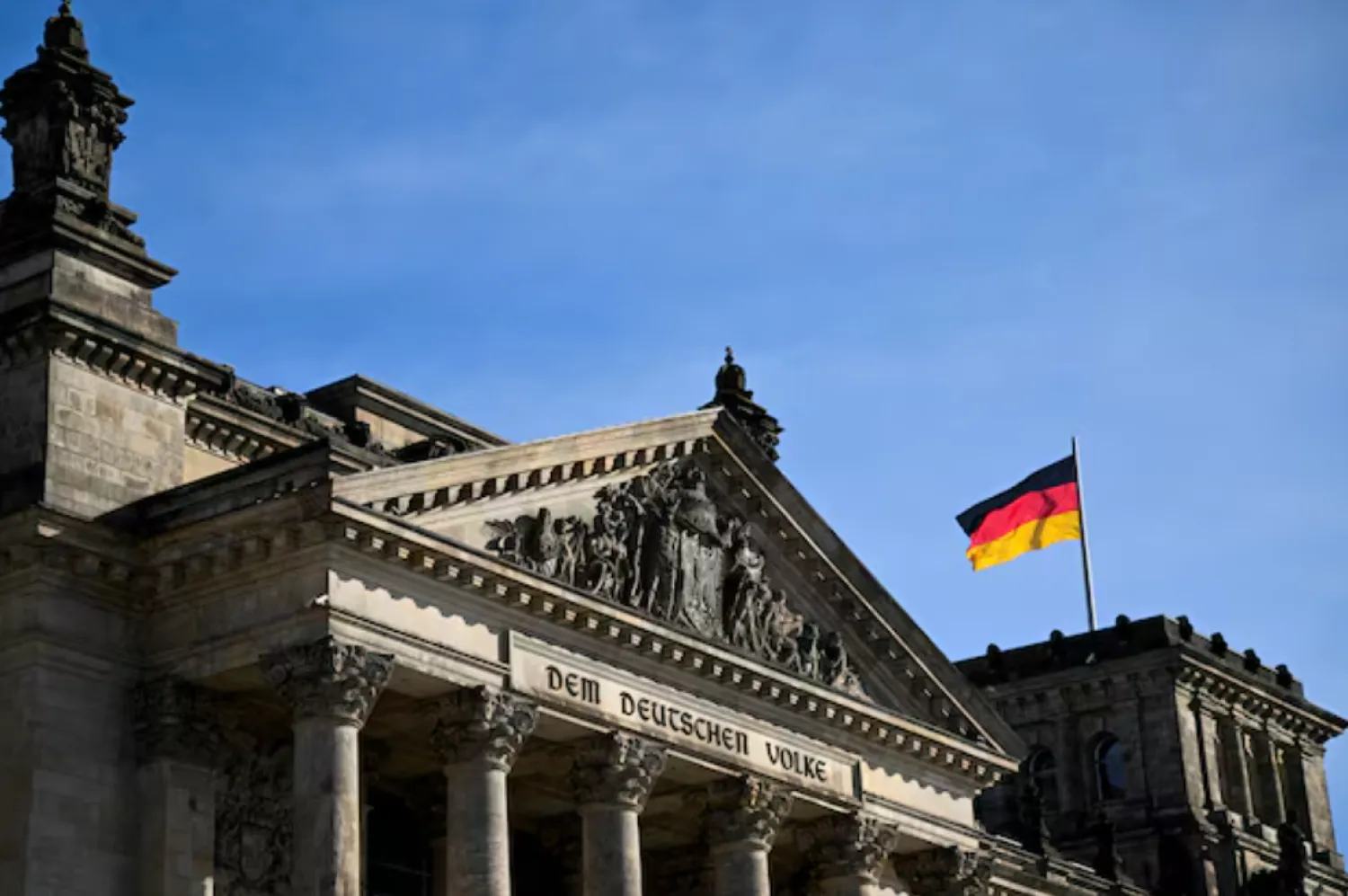A risky operation to salvage an oil tanker attacked by Houthi militants in the Red Sea and avert what could have been one of the largest oil spills in recorded history has been completed, British maritime security company Ambrey and Greece have said.
The 900-foot Greek-registered MT Sounion, carrying 150,000 tons of crude oil, was struck by several missiles and drones and caught fire on Aug. 21, triggering fears of an oil spill that could cause catastrophic environmental damage in the area.
Months later, the vessel was declared safe and its cargo was removed, said Ambrey, which led the salvage operation, according to Reuters.
Greece had urged all nations to assist with the case with political negotiations extending from the Houthis, who eventually allowed salvage teams to tow the ship to Saudi Arabia.
"It's a great relief, mainly due to the environmental disaster risk. It was a very complex operation," Greek Shipping Minister Christos Stylianides told Reuters on Monday. "I feel relieved and content."
In mid-September, Sounion, which was hit 58 miles off the Yemeni coast, was towed to a safe location 150 miles to the north by a flotilla of seven salvage vessels escorted by the European Union's naval force Aspides.
Extinguishing the fires on board took three weeks in difficult climate conditions, Ambrey said, and the vessel was later towed north to Suez for her cargo to be removed.
More than 200 people and six companies - Megatugs Salvage & Towage, Diaplous, Offmain, Fire Aid, Pro Liquid and Ambipar Response, were involved in the projects.
As Greek Prime Minister Kyriakos Mitsotakis visited Saudi Arabia on Monday, a Greek government official said the salvage of Sounion was pivotal in boosting bilateral ties.









